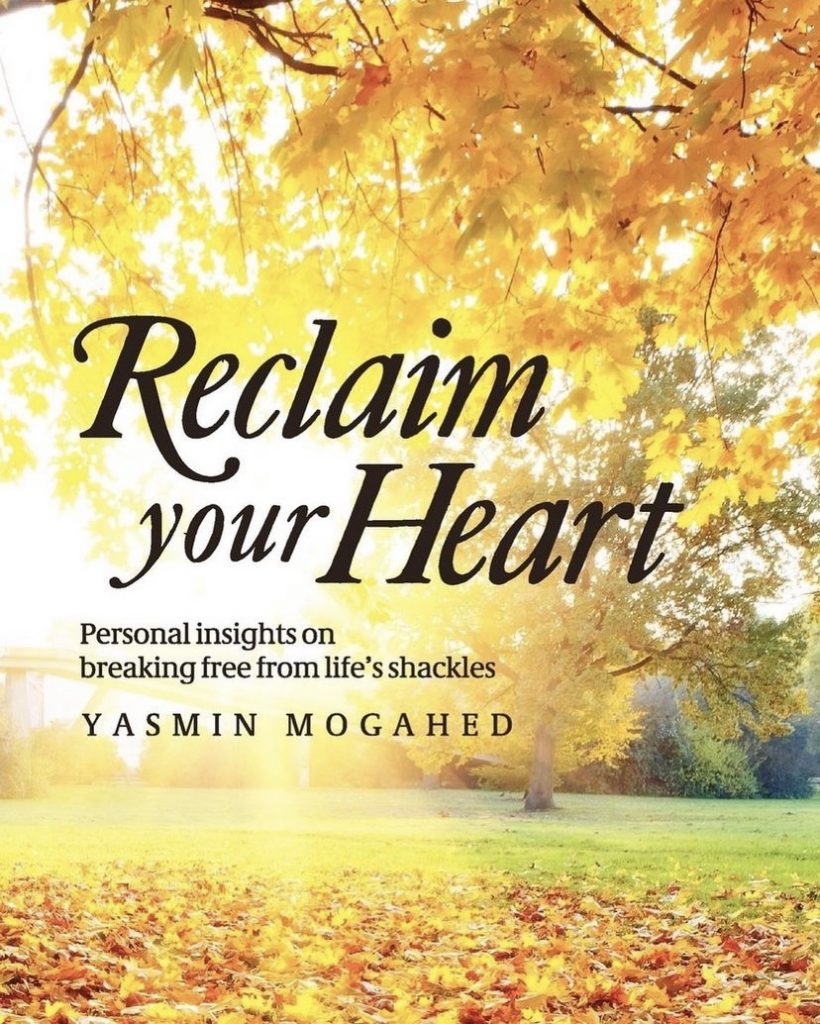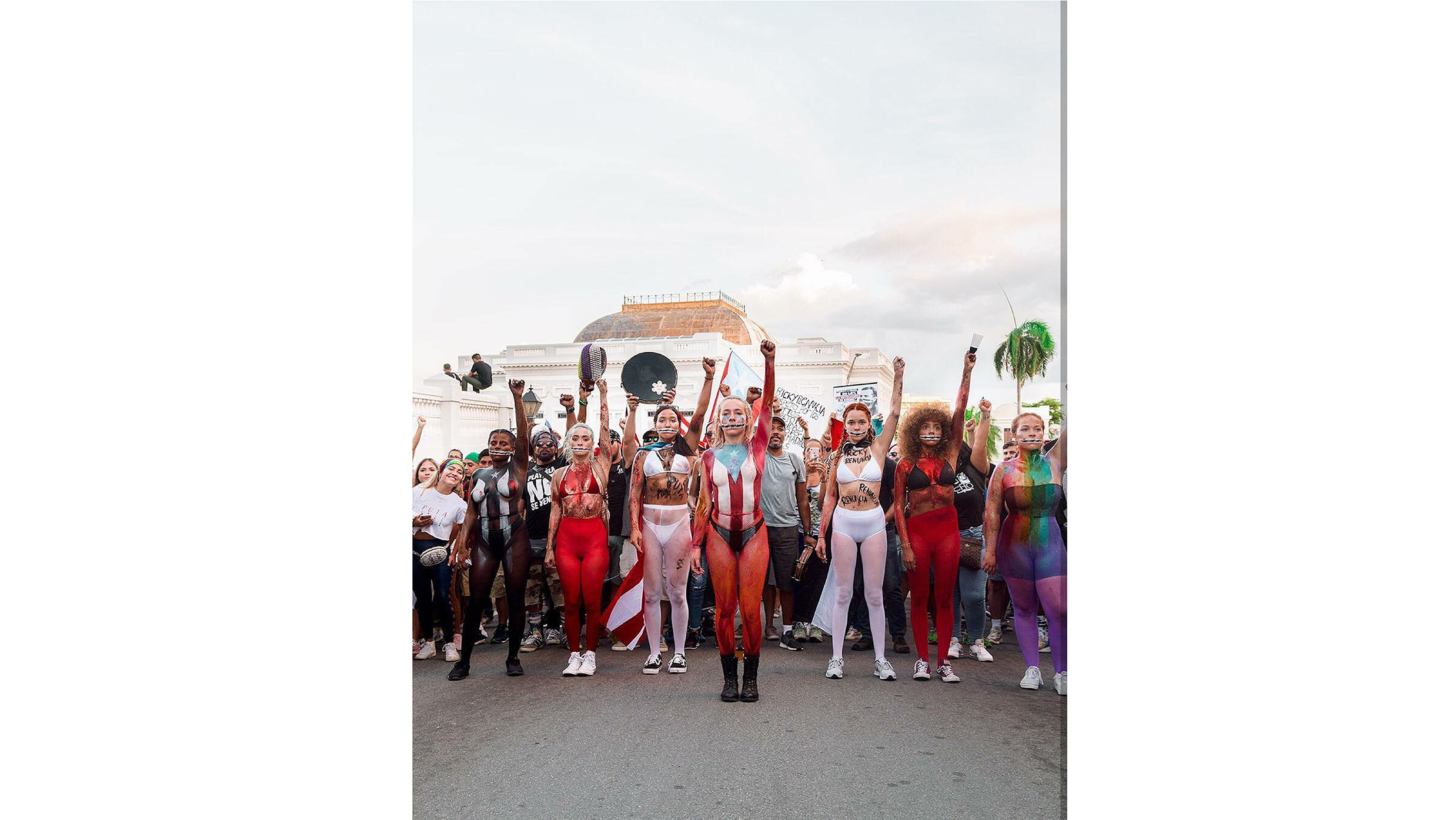Reflecting on our thoughts
Over the course of a few weeks and throughout the pandemic we have seen and witnessed hate crimes, human rights violations, racism and more. Let’s take a moment to reflect on our mental health.
Since the pandemic, we have received so much news concerning events happening within the United States and around the world. From the Black Lives Matter protests to the Uyghur Turks detained in East Turkestan in China’s concentration camps and now with Palestinians being killed and colonized by the state of Israel.
We have seen so much social media activism, protests, leaders preaching in the name of justice and people lobbying in Congress and state governments for legislation that will serve minority and oppressed groups.
We may have taken our own stance in this advocacy, whether it’s reposting on social media, calling our Representatives, attending protests or listening to people’s stories. When we are supporting one cause, other causes may gain attention as well and it can feel overwhelming to support so many movements at once. Unfortunately, there are a lot of human rights violations that are going on around the world, some of which are not even on the news yet.
When watching the news, looking at the many events going on, trying to educate ourselves and support the right side can be overwhelming if we are not simultaneously taking care of ourselves.
If we lay in bed and look at our phones first thing in the morning when we wake up and see updates from around the world, it can impact our mood and ability to function throughout the day. If we get out of bed right after waking up, open the window, get a glass of water, breathe in the fresh air and ignore our phones for a while, we would likely have a better start to our days.
You need to take care of yourself before you can be there for other people. This means creating boundaries around the amount of news you consume and time you spend scrolling through the many social media posts regarding what’s going on in the world. Creating these boundaries will not make you selfish or any less of an ally or good human being.
Boundaries create a healthier version of you which will enable you to perform and express your allyship even better because you will know when and where you need to give your time and energy. A spiritual and enlightening book on this topic is “Reclaim your Heart” by Yasmin Mogahed, a specialist in spirituality, psychology and personal development.
While the intended audience is Muslims, this book is open for everyone and can be a good perspective for people from other religions and backgrounds to reflect on their mental wellbeing. Enlightening ourselves about other religions and their perspective of life is a good way to understand one another more and recognize how the world functions!
“The enduring life is the one that begins once we awaken from this world. And it is in that awakening that we realize… It was only a dream,” said Mogahed on page 91.
We are oftentimes caught up with this world so much. We fantasize about the many blessings of this earth but we get overly attached to them too. We live, we make mistakes and we do good deeds, but what matters is that we learn from them.
Sometimes we take life so seriously that we get too caught up in trying to impress and prove ourselves to others, making sure we appear perfect, achieve the best and constantly think about pleasing everyone. What about ourselves? Mogahed brings up a good point that life can be but a dream and it’s what we prep our lives for is reality.
On page 42, a tradition of the beloved Prophet Muhammad (peace and blessings be upon him), was mentioned, where he said “Whoever makes the Hereafter his preoccupation, then Allah places freedom from want in his heart, gathers his affairs, and Dunya (worldly life) comes to him despite being reluctant to do so. And whoever makes Dunya his preoccupation, then Allah places his poverty in front of his eyes, makes his affairs scattered, and nothing of the Dunya comes to him except that which has been decreed for him.” [Ar-Tirmidhi]
I believe this is beautiful because it shows us an important aspect of life: it’s temporary. No matter how much we chase after things in this life and world, it will never satisfy us because we will want more or something better than that. If we focus our intentions toward healing, growing, becoming a better person and doing what is right, then that will have a permanent impact on us and on our future.
“If there is anything–or anyone–that losing would absolutely break us, we have a false attachment. False attachments are things that we fear losing almost to a pathological extent. It is something that if we even sense is drifting away, we will desperately pursue. We chase it because losing an object of attachment causes complete devastation, and the severity of that devastation is proportional to the degree of attachment,” said Mogahed on page 36.
I believe that we can truly gain freedom, peace and happiness if we detach ourselves from the world. Meaning, by not spending too much time focusing our energy on people, places, things that will detract from the relationship we have with ourselves in a negative way.
By detaching ourselves from the world and not allowing it to control us, we are able to focus solely on ourselves so that we may help others. We start to understand and see the true meaning of life and are able to read ourselves and other people.
Mogahed brings up many different topics and sections in her book, such as attachments, love, hardships, relationship with the creator, women’s status, ummah and poetry. To conclude, I want to share a meaningful poem called “The Stab” by Yasmin Mogahed, included in her book, and I wish I could include more text of her beautiful words.
“Don’t grieve at the stab. It’s only meant to free you. From the chains that bind you to the earth and shackle you to the shadows of people. The mirage of water cannot quench. But is so beautiful to the thirsty. I’m afraid. Of never knowing another life. Different. So different. If I let go, will You take me higher? Above grief, want, loss. Above all that I’ve ever known. Take me higher. Unbind me from the earth. Like a vaccine, it sickens, to make you stronger. The stab is temporary. The freedom, eternal.”
This poem is meaningful to me because it expresses that no matter how hurtful life’s tests and hardships can be, it is only meant to make us stronger. What is important is that Allah is able to take us out from these hardships and grant us tranquility and happiness, so it’s important to have Tawakkul (trusting in Allah’s plan).



